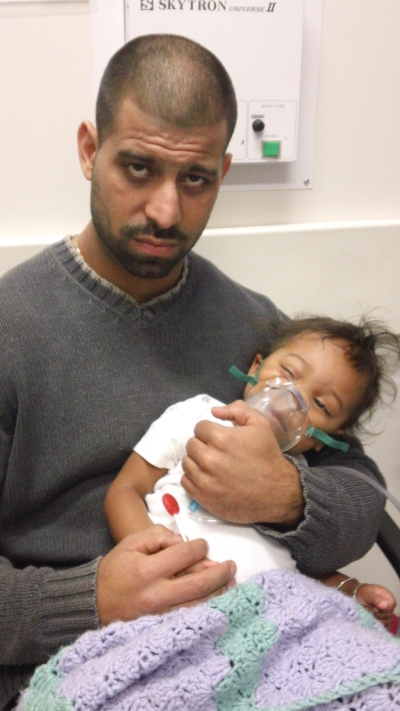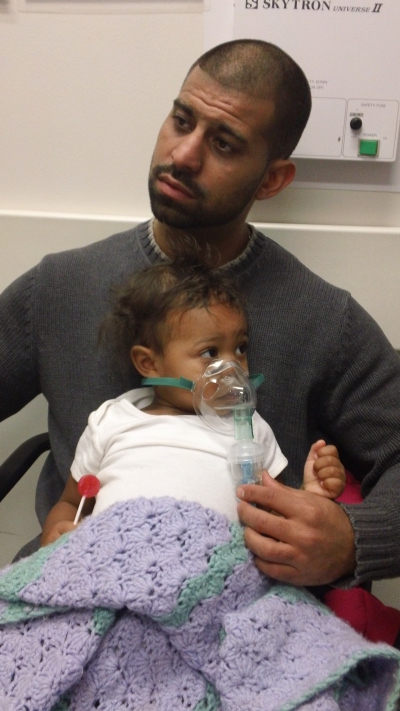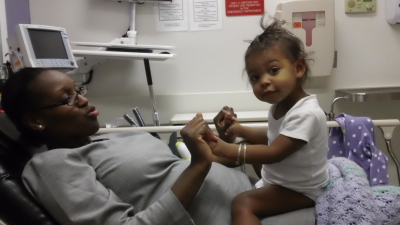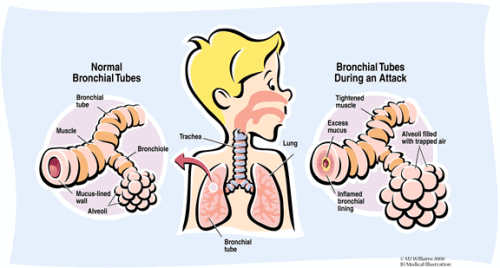Last week I was bombarded with feelings of inadequacy and rage wrapped up in a nice little box that sat on my chest for a week. Lil D had what her pediatrician called pediatric bronchitis. Now this is a child who was given the flu shot and is current on all her recommended vaccines, she is not enrolled in any daycare center... oh and she was breastfeed for 13 months, this was the catalyst for my anger. You can not tell me that the "preventative" medicines given to children do not inhibit their immune systems. It is mind-boggling to me how my child contracted a viral infection that had her gasping for air, trying so hard to breathe her abdomen was being sucked under her ribs when she tried to breathe in and out. Ummmph... she was so out of it that all she could so was cry "Mama...Mama" {tears}. It was a traumatic experience, one in which I pray never happens again.
Found a wonderful article to help me gain a better understanding of what the hell was going on
here.
In Kentucky, RSV is common from November through April, with most children having at least one version of it by age 2. In most cases, RSV lasts between one and two weeks. In rare cases, it can leave behind a more chronic cough that can mimic asthma. In most children, the symptoms are wheezing, coughing and shortness of breath and typically will not improve with asthma treatments.
Here are some quick facts about RSV/bronchiolitis:
• It is caused by a number of viruses that infect the lungs and airways, typically in young children. It is the most common cause of pneumonia in children younger than 1.
• Symptoms typically develop 4 to 6 days after exposure, and children are contagious for one to three weeks. Because it’s a virus, antibiotics have no role in its treatment.
• Treatment involves supportive care including over-the-counter fever medicines, and in certain cases, medicines typically associated with asthma, including steroids and inhalers. There are no decongestants or cough medicines approved for children younger than 5.
• Symptoms typically last one to two weeks.
• Less than 2 percent of children require hospital stays. Of those, the vast majority are younger than 6 months.
• Bronchiolitis is rare in adults, and symptoms tend to be mild, but the elderly and chronically ill are at risk for complications and more severe infections.

During Treatment

To get a feeling of what Lil D was experiencing I held one end of a straw, leaving a tiny portion open, and blew into the open end. It made me emotional thinking of how she was suffering and we were unable to fix it. A common viral infection my ass.

After Treatment








